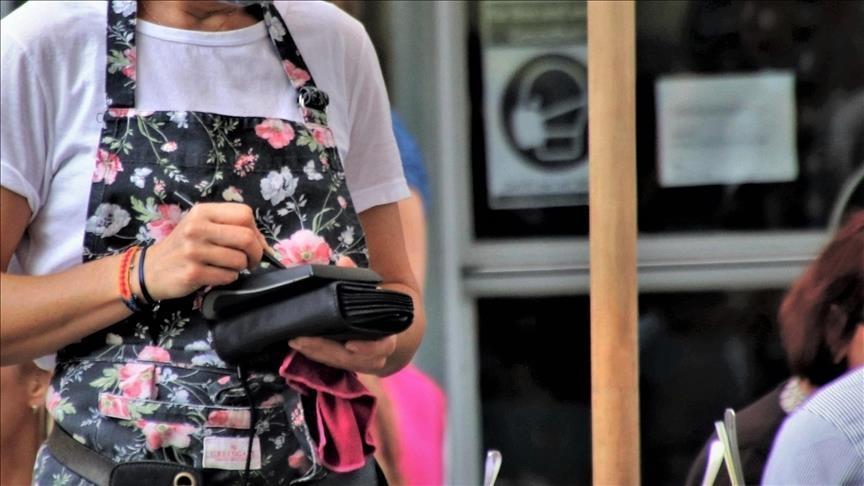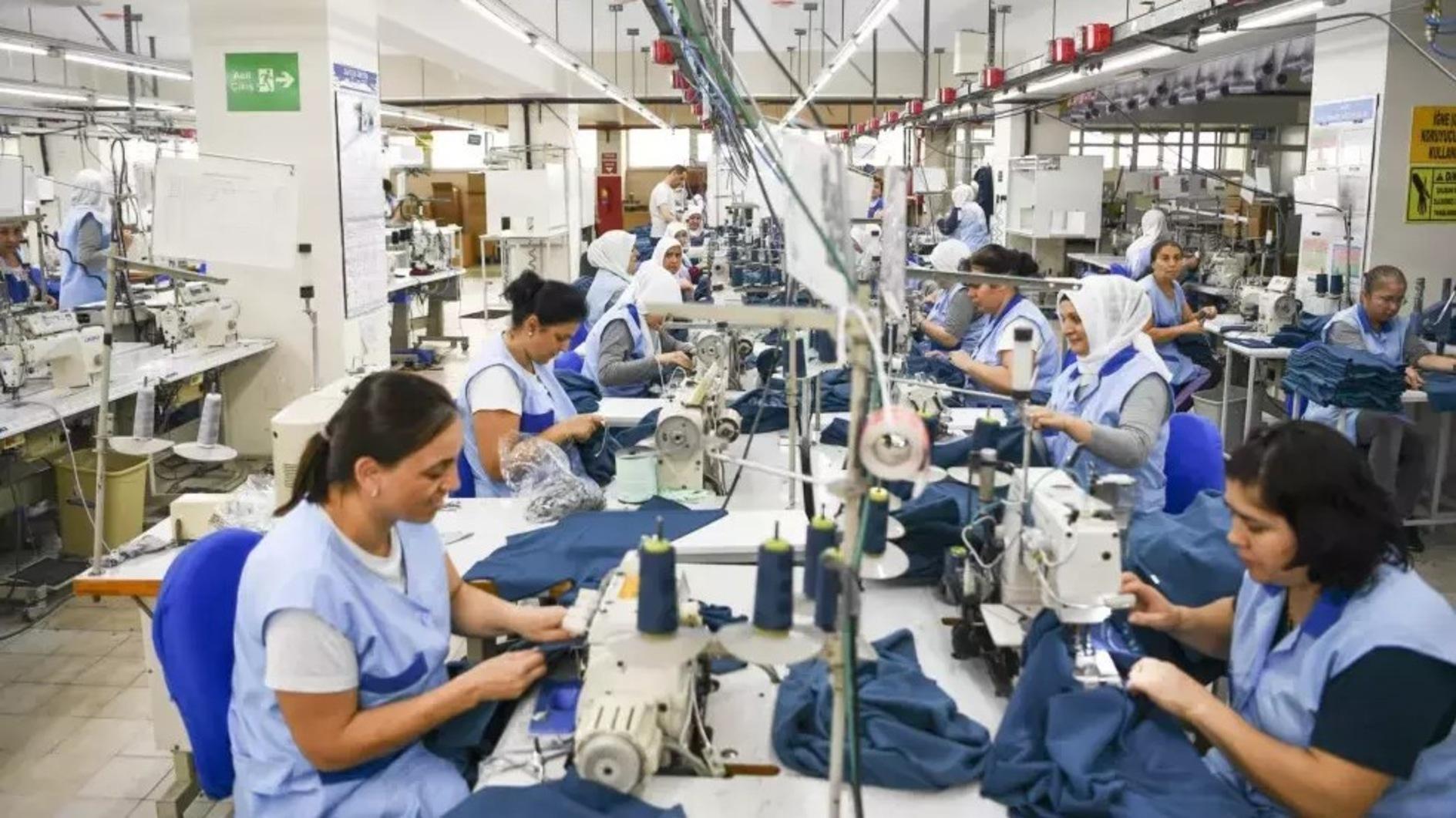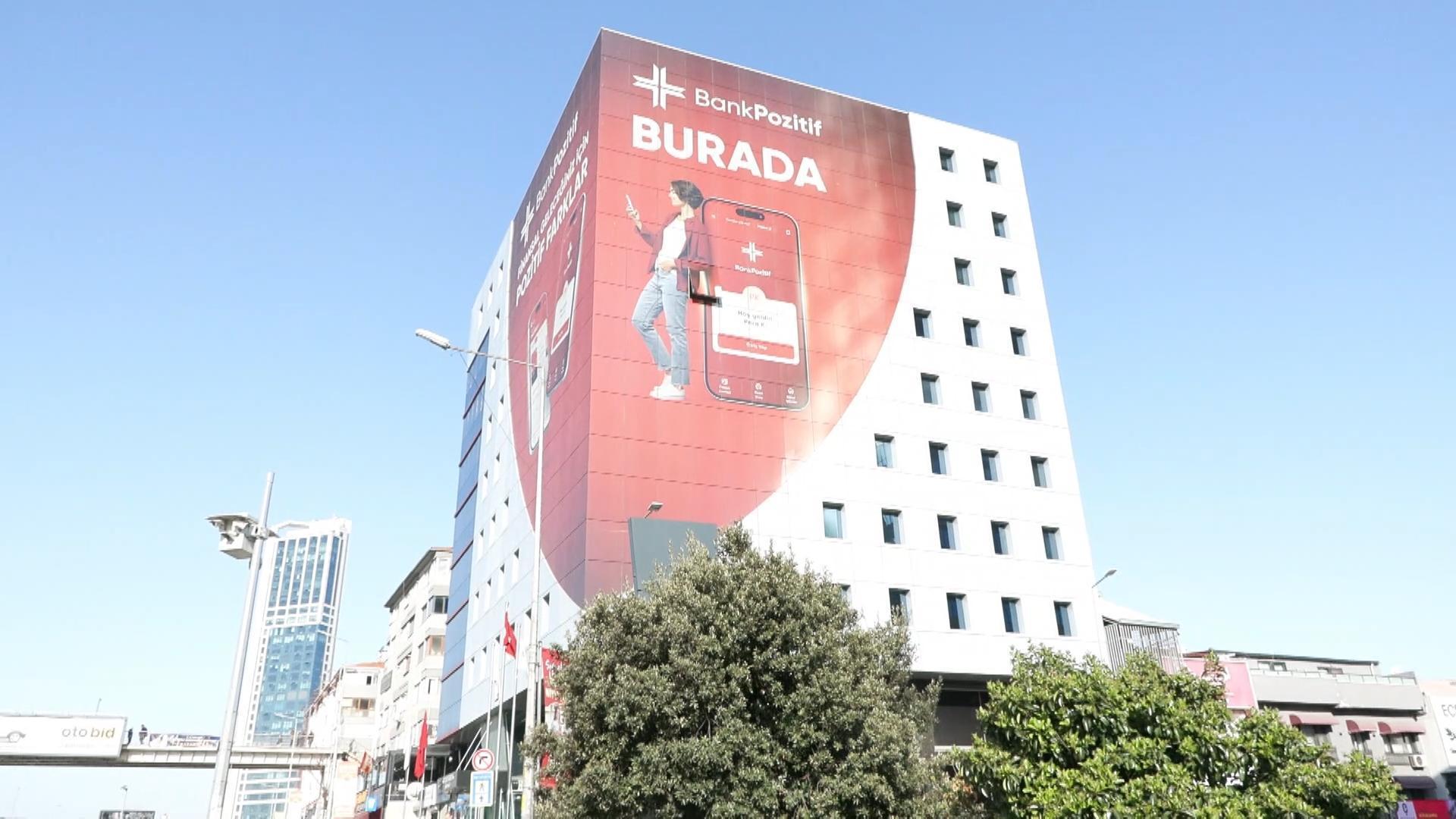Two Turkeys
Is it correct or not that Istanbul’s Taksim Square was closed to May Day demonstrations? Generally there are two answers.
One answer is that whatever the government does is correct. When the government lifts the ban on Taksim, they should be applauded for the sake of freedoms. When they ban it, they should again be applauded for the sake of public order.
It is possible to understand that the government thinks like that, but it is not possible to understand how journalists, columnists and editors write and argue the same.
The second answer is that unless there is concrete and undeniable danger - such as sabotage - then the correct principle should be freedom. When the government lifted the ban on Taksim, it acted correctly. It was wrong when it banned it.
Obviously, the latter response has a philosophical consistency.
Taking a look at the government’s previous discourse, we see that Prime Minister Recep Tayyip Erdoğan of 2010, on May 2, when he lifted the ban, said the following: “After 32 years, Taksim Square has hosted more than 100,000 workers and civil servants. Taksim has had a historic day. It is under the [ruling Justice and Development Party] AK Party that this day has been declared labor and solidarity day. The AK Party decided on this historic Taksim decision.”
So why did he ban it again after rightfully boasting about lifting the ban?
They are mentioning security, tourism and Taksim’s historic texture as reasons, but the festivity and joy of the celebrations during those times when the ban was lifted prove that freedom is the real security.
Tourism has been harmed because of the ban. Even the streets leading to Taksim were closed. While world televisions showed celebrations in the historic squares of big cities, the whole world saw the ban in our historic square.
I reviewed my own pieces and saw that I had praised the lifting of the Taksim ban. For a happy ending of the polarization and the tension in the country, I cited the lifting of the 32-year ban in Taksim.
Last year, I wrote the following: “The government had boasted of lifting the ban and declaring it a holiday. Why did they return to banning it? I assume that it is the effect of the ‘Gezi shock.’ In any kind of social tension, they fill up Taksim and Gezi Park with anti-riot vehicles. But I’m afraid that re-banning Taksim is a measure that may even prove to be an aggravation. I fear that it will contribute to the culture of clashing.”
Today, is there anybody who has not heard about the tension and polarization in Turkey?
The government should, at least from its own experience, know that the more authoritarian it becomes, the more tensions increase. When freedoms are restored and bans and pressure are lifted, then relaxation takes the place of tension.
In the period until 2010, not only the lifting of the ban on Taksim, but also reforms made for EU harmonization resulted in praise in many EU accession progress reports and the Western media, leading to an inflow of foreign capital.
That same Turkey was elected to the U.N. Security Council with 152 votes.
Now there is a Turkey that criticized in the EU progress reports and associated with authoritarianism. It last year received only 60 votes in the U.N. Security Council election. It bans Taksim.
Those AK Party members who still have a conscience should answer the question: “Which one is better?”











